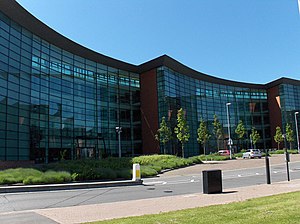Planning and managing organisations/PMAN103/Putting it all together/Overview
In this course, you have been exposed to the management process from beginning to end. You learned how to set goals, objectives and metrics to measure their success. You learned how to develop a plan and strategy to achieve these goals, and you learned about the decision-making process that ensures the organization has enough flexibility to adjust along the way to unpredictable events. These tasks are at the core of what managers do every day.
Throughout the course, you were asked to complete a series of interrelated challenges to put the skills you have acquired into practice using the WorldCom case study. As an output of each challenge, you were invited to publish a short blog post in order to share your work with your classmates and exchange feedback. If you were not able to complete part or all of a learning challenge at the end of a pathway, make sure you complete all parts of all challenges before going on to your final course assessment (mandatory if you wish to seek formal credit). Below is a summary list of the challenges you were asked to complete for this course:
Summary of learning challenges
| Learning challenge | Relevant skills | Outcomes |
|---|---|---|
| Setting goals, objectives and measures |
|
A set of goals, objectives and metrics. |
| Planning and strategy |
|
A roadmap for managers and employees to follow. |
| Decision-making |
|
A series of decisions in reaction to specific events. |
| Managing the unknown |
|
A series of principles to live by in order to be ready for the unpredictability of the future. |

